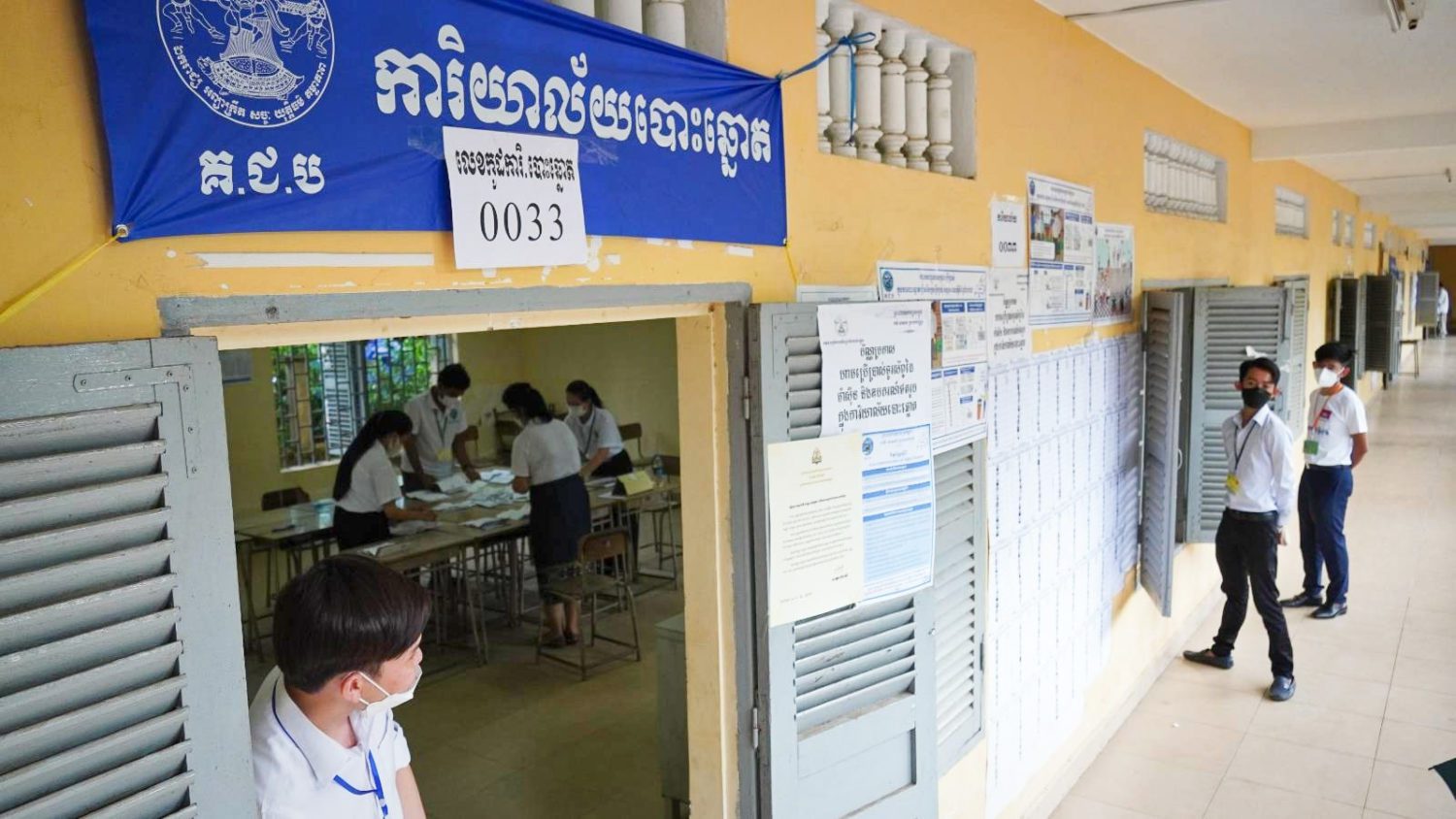Only 1 in 10 commune chiefs elected across the country last month are women, as a ruling party spokesman said what mattered was effective gender-promoting policies and not the gender of candidates.
Some 173 women were elected as chiefs of 1,652 communes in Cambodia, an NGO-led press conference on Thursday heard — an increase of 32 women, or two percentage points from 8% to 10%, from the previous 2017 commune election.
Overall, 2,562 of 11,622 elected councilors, or 22%, are women.
CPP spokesman Chhim Phal Virun said the party considered gender issues to be important, and it knew how to manage the situation without civil society commentary.
“For me, the NGOs say the same thing like a broken record. The registration of women or men as candidates, or the number of women — it is the party’s internal affairs,” Phal Virun said. “It is not about the number of women candidates. The important thing is that whether [or not] those standing are men or women, how effective the policies for women and gender promotion are. This is an important thing.”
However, participants of the Thursday press conference called for stronger commitments to bring more women into political leadership positions.
Sonket Sereyleak, education and gender coordinator of election monitoring NGO Comfrel, said the gap between the number of men and women in senior political roles remained large, and this was a concern that demanded more attention.
She suggested that actions could include amending election laws, though she did not specify what legal changes could be introduced to narrow the gap to bring the numbers more in line.
Prime Minister Hun Sen frequently mentions the need to register more women as high-ranked candidates, but little action appears to be taken, she said.
“Whenever it is said, there needs to be a push to get it done and implemented. But in reality, all parties, especially the ruling party, registered only 20 percent women. If they register more than this, more women will be elected. So there needs to be a strong commitment even by the means of words written into political policy and law.”
Sereyleak added that elected women leaders also needed to be given full authority to hold those positions and fulfill their duties without discrimination.












